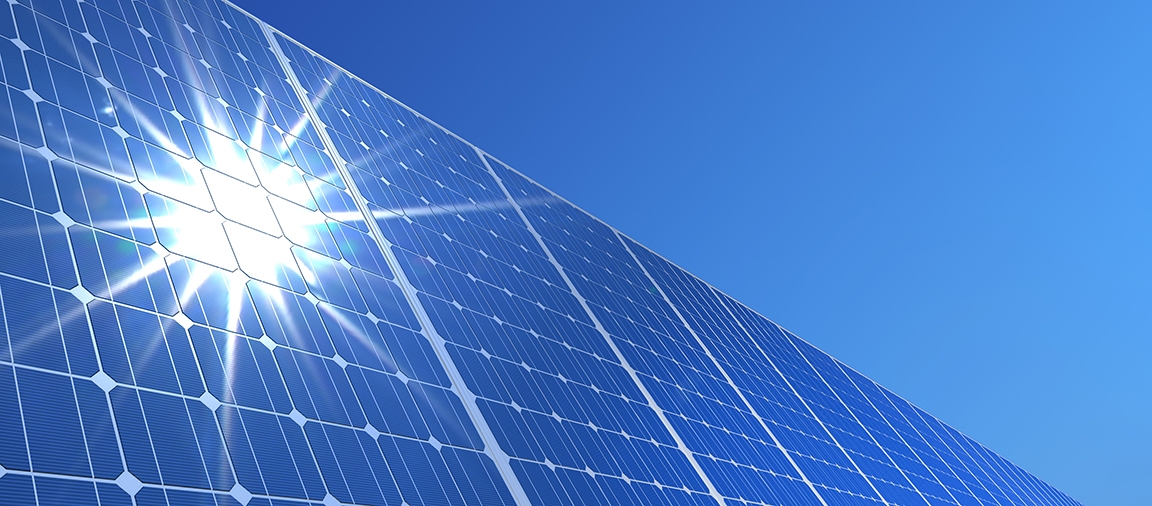
SOLAR & NET METERING
If you are considering installing solar panels at your home to generate your own electricity, the following information may be helpful. In addition to providing important factors with solar, it also explains our net metering program.
Solar Panels
Solar panels or photovoltaic (PV) systems may or may not be a good investment for some customers. There are various factors involved in determining the feasibility of solar panels including the cost of installation, the amount of energy you use, and the sunlight your home receives throughout the day.
You can estimate the amount of energy that your system would provide and the value of any energy from the solar array here:
https://pvwatts.nrel.gov
As of December 2025, the average Easton Utilities Electric residential customer pays $0.07 per kWh for energy in their home.
Customers who have a meter and power to their home will receive a monthly bill as they will still be serviced by Easton Utilities when needed (lack of sunlight or demand for additional energy).
Easton Utilities does not charge to install a net meter.
Net Metering
Net metering programs provide a standard interconnection application process for all electric utilities in Maryland and are regulated by the Public Service Commission (PSC). Systems may be customer-owned or financed but the use of a Power Purchase agreement is not allowed.
Interconnection Applications
You can complete the application process by using the links below. Most customer use a solar installation company and the contractor often completes the application. Send completed forms to Rob Himelright at rhimelright@eucmail.com.
Application for Level 1 Interconnection
Application for Level 2, 3 & 4 Interconnection
Interconnection Standards
Your Bill
Easton Utilities does not charge for installing a net meter. The net meter will measure the amount of energy used as well as the amount produced and the bill will reflect the difference. This is the net amount of energy used.
Easton Utilities will collect a customer charge each month, but the customer will only be billed for energy and distribution charges when energy is used from Easton Utilities. Customers will receive a payout annually for any banked energy.
It is important to add that if there is a power outage affecting the location, the customer will lose power. There is a required safety feature to prevent the solar array system from feeding energy back into the utility lines.
Questions you should ask a solar contractor
- Are you a licensed and certified installer?
- How much energy do you estimate I will produce?
- When you size my system based on my home, can you give me different options on sizes and costs and how they will affect the amount of energy I will use from the grid?
- How much will the installation cost? Do I have to pay anything up front? Are there financing options or monthly fees?
- How much of a reduction will I receive on my monthly bills? (Summer, winter, spring, and fall will be different based on the angle of the sun, the amount of energy used, and the amount of energy you produce.)
- If leasing, what are the details of the lease agreement? Number of years? Interest rate?
- What happens if I sell my home? Is the lease transferable to a new homeowner?
- What if my roof needs new shingles or I want the system removed, is there a buyout?
- Do I need special homeowner’s insurance?
- Will I need any upgrades to my electric system? If so, who will pay Easton Utilities or an electrician to make the upgrades and how much will they cost?
- Can the solar panels be installed anywhere on my property or only on my roof?
- Will I receive any tax credits?
- How many systems have you installed in the area and do you have references that I can check?
Helpful Links
- Maryland Public Service Commission
- A Maryland Consumer's Guide to Solar
- Maryland Energy Administration
- Maryland incentives for renewables and energy efficiency
- North American Board of Certified Energy Practitioners
